1. Bhutan
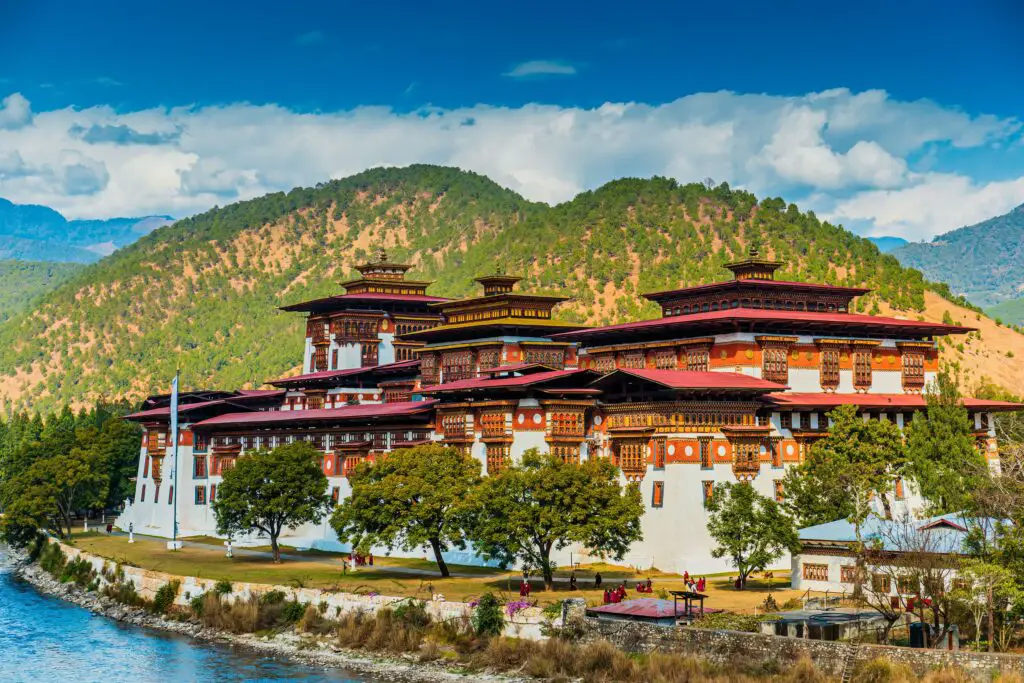
In Bhutan, elders play a crucial role in the decision-making process. While the political system is a constitutional monarchy, the country’s tradition of valuing elder wisdom is still deeply ingrained in society. The King and elected leaders often consult elders for their guidance on matters of national importance. Their influence is especially evident in rural areas, where the traditional council of elders helps resolve disputes and offer advice on community matters. Their role isn’t just ceremonial but is woven into the fabric of everyday life, ensuring that ancient customs are preserved in modern governance says the Guardian.
The system is rooted in the belief that elders hold the accumulated wisdom of past generations, which is seen as crucial for societal harmony. In a way, their influence checks the power of politicians, grounding decisions in cultural and ethical considerations. Even as Bhutan modernizes, the reverence for its elders remains strong, and their perspectives continue to shape the country’s policies. The balance between modern political leadership and traditional elder influence makes Bhutan a unique blend of the old and the new adds the Washington Post.
2. Japan
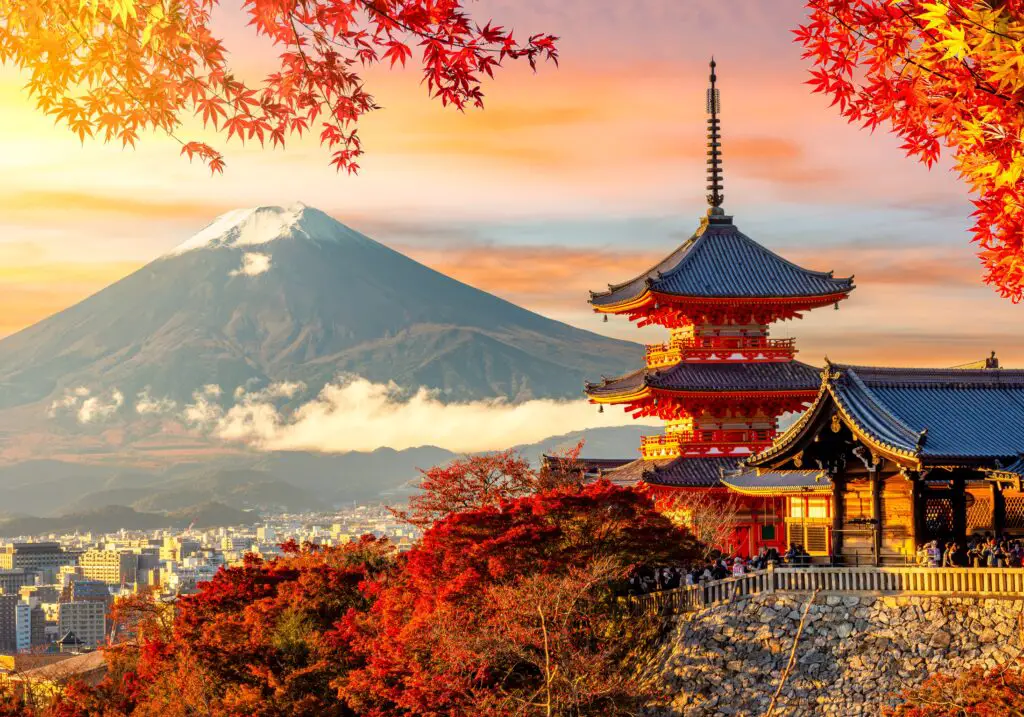
In Japan, the elder generation continues to hold significant influence, particularly within family structures and local communities. Elders are respected for their experience, and many of Japan’s societal values are built upon the wisdom they impart. Politicians in Japan often seek the counsel of elder leaders, particularly those from rural regions, where traditional ways of life still prevail. Elders’ perspectives are often seen as crucial in maintaining harmony and stability in Japanese society shares the Japan Times.
The respect for elders in Japan extends beyond family matters and into politics, where their opinions can sway local elections or public debates. This reverence is not just about age but also about the experience and moral authority that comes with it. In smaller communities, the power of an elder can even outweigh that of local politicians, who must navigate these traditional systems of influence to maintain support. The blend of respect for elders with political governance makes Japan a fascinating case of power balance adds Financial Times.
3. Saudi Arabia
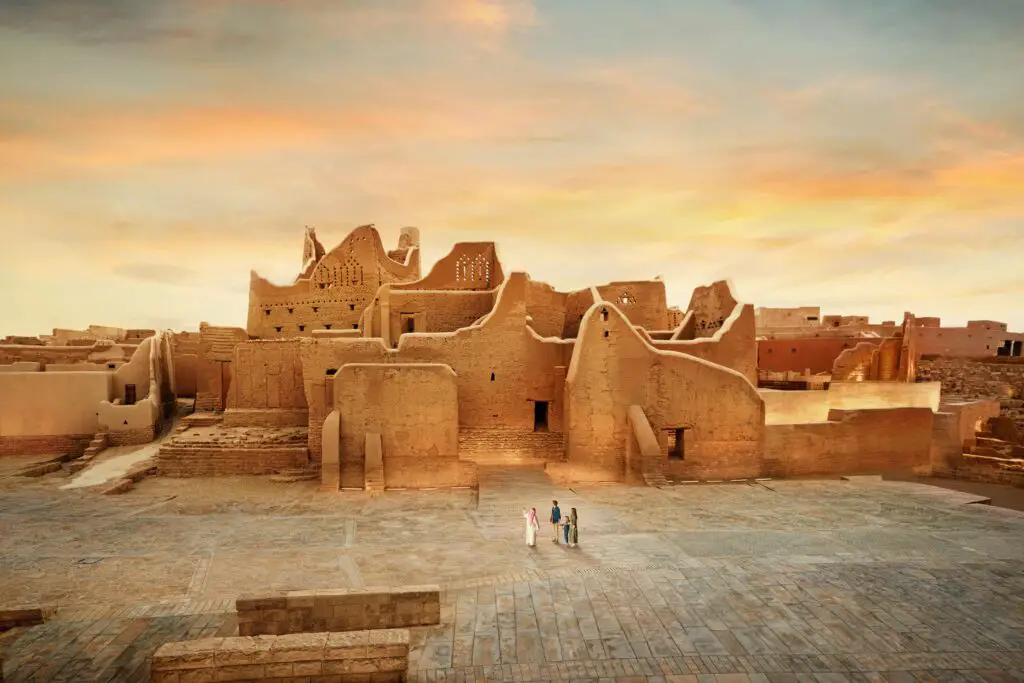
In Saudi Arabia, elders hold a pivotal role in the country’s tribal and family-oriented society. Tribal councils, led by elder members, make important decisions on matters ranging from disputes to social responsibilities. These councils often have the final say, even over political decisions, in certain regions. Although the royal family and political leaders hold substantial power, tribal elders maintain a form of parallel authority that cannot be ignored.
Their influence is not just in local affairs but extends into national politics, where elders’ approval can be seen as essential for political legitimacy. The respect for elders is built into the fabric of Saudi culture, where wisdom and experience are equated with leadership. In remote areas, tribal elders act as mediators and decision-makers, often holding more sway than elected officials. This powerful role shows how traditional structures can coexist with modern political systems.
4. India
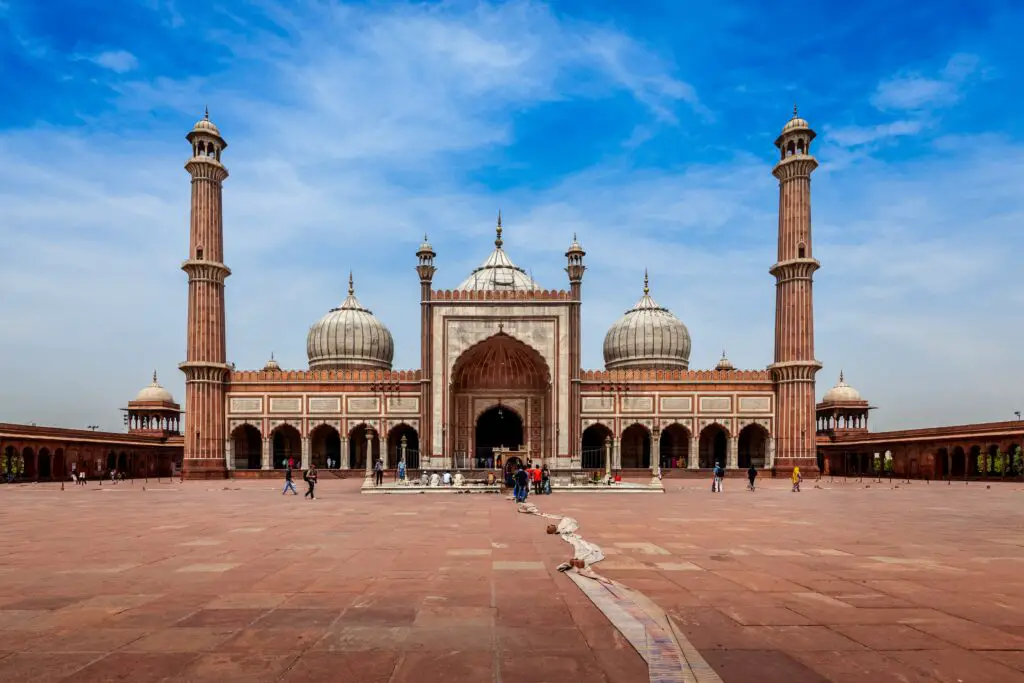
In India, elders are often the backbone of rural communities, where they influence everything from familial matters to broader social issues. The panchayat system, which is a traditional village council, is typically composed of elder leaders who have a deep understanding of local customs. Their guidance is considered essential for resolving conflicts and making decisions that affect the community. While political leaders may be elected, elders are seen as the custodians of cultural values, and their opinions often carry more weight in certain situations.
The connection between elders and politics can be particularly strong in regions where traditional structures of power have not been fully replaced by modern governance. In many villages, local politicians often need the approval of the elders to carry out policies effectively. The respect for elders is woven into India’s political and social fabric, where experience and moral authority often hold more sway than the power of the state.
5. Kenya
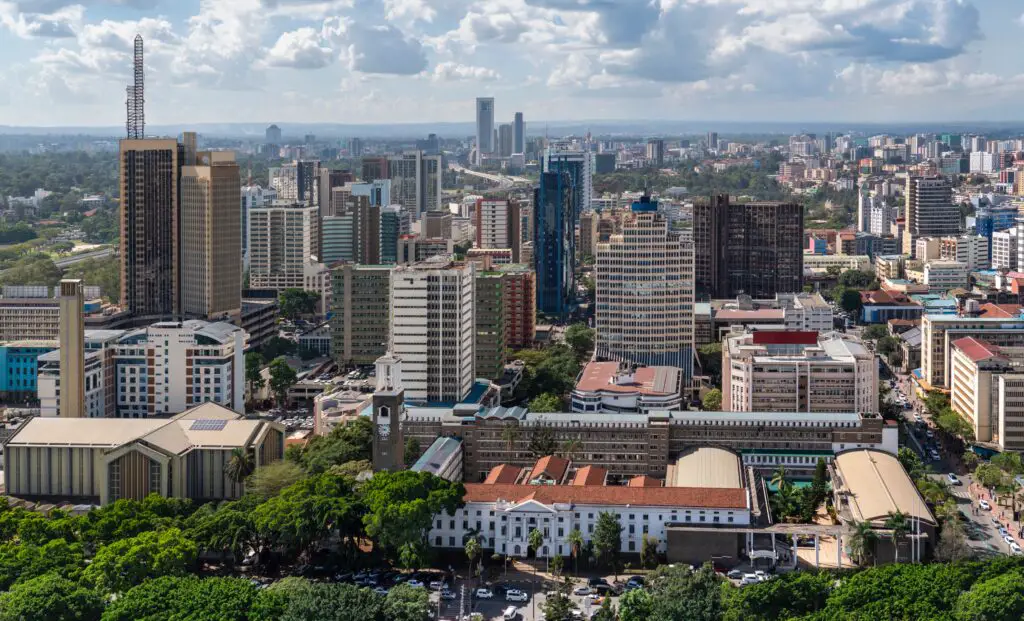
In Kenya, the role of elders in political life is significant, particularly in the country’s rural areas. Elders often hold leadership positions in tribal councils, where they have the final say in resolving disputes and making decisions for the community. These councils operate independently of the formal political system, and their decisions can influence local governance. While the national government holds power, the influence of elders is deeply embedded in Kenya’s culture.
The wisdom that comes with age is highly valued, and elders are seen as the moral compass of the community. Their ability to mediate conflicts and offer guidance in times of crisis makes them a cornerstone of Kenyan society. Elders also play a key role in shaping the political views of their communities, with younger generations often deferring to their judgment. In this way, elders continue to hold substantial power alongside the country’s politicians.
6. Mongolia
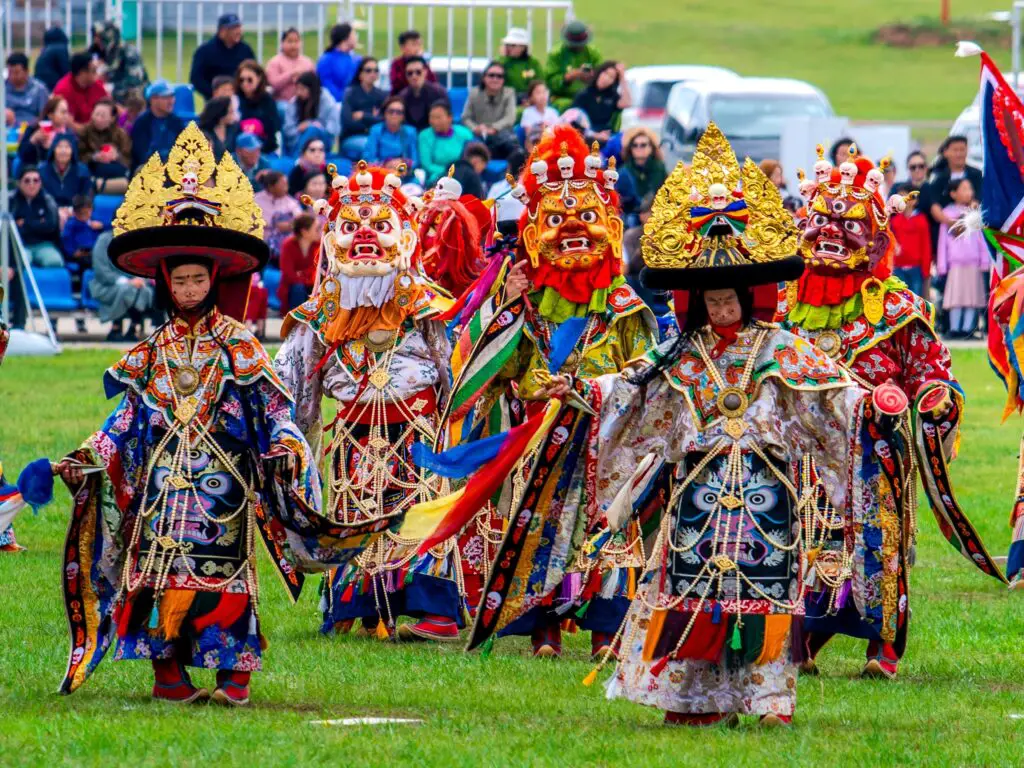
In Mongolia, the influence of elders is particularly strong in rural areas, where traditional practices and nomadic lifestyles are still prevalent. Elders in Mongolian communities hold authority in decision-making, especially regarding disputes and family matters. Although Mongolia is a democratic republic, the wisdom of its older generation is highly regarded and often sought out by politicians for advice. Elders are seen as the protectors of the nation’s history and traditions, and their approval is crucial for major societal changes.
This respect for elders is reflected in the way political power is structured in some areas, with local councils often dominated by older, respected figures. Politicians understand that maintaining the support of the elder population is key to success in both rural and urban regions. In a country where traditional values and modern governance coexist, the elder generation continues to play a major role in shaping the nation’s future.
7. Nigeria
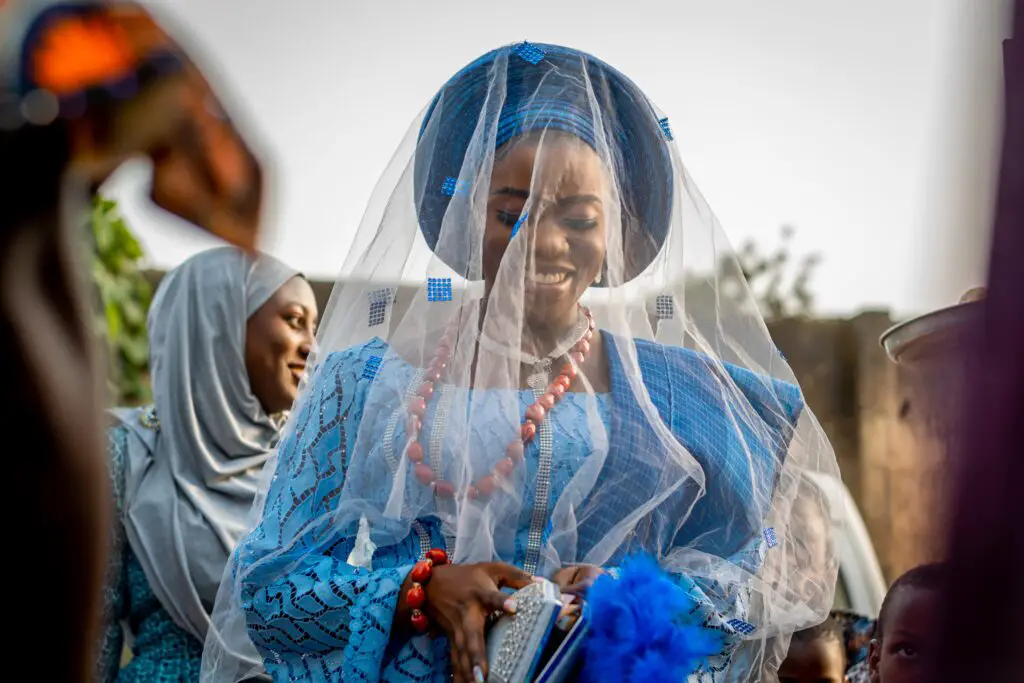
In Nigeria, elders are revered within family and community structures, particularly in rural areas where traditional governance systems are still in place. Local councils made up of elder leaders often hold more sway than formal political institutions. Their influence is especially visible in matters of dispute resolution and community welfare. Elders have the authority to make decisions that are respected by all, even if they run contrary to the opinions of elected politicians.
The respect for elders is tied to the value placed on wisdom and experience in Nigerian culture. In certain ethnic groups, such as the Igbo and Yoruba, elders play an integral role in maintaining societal harmony. Politicians in Nigeria must often seek the support of these elders to secure votes or maintain peace in their regions. This interplay between traditional authority and modern political power ensures that elders remain influential in shaping the nation’s direction.
8. Yemen
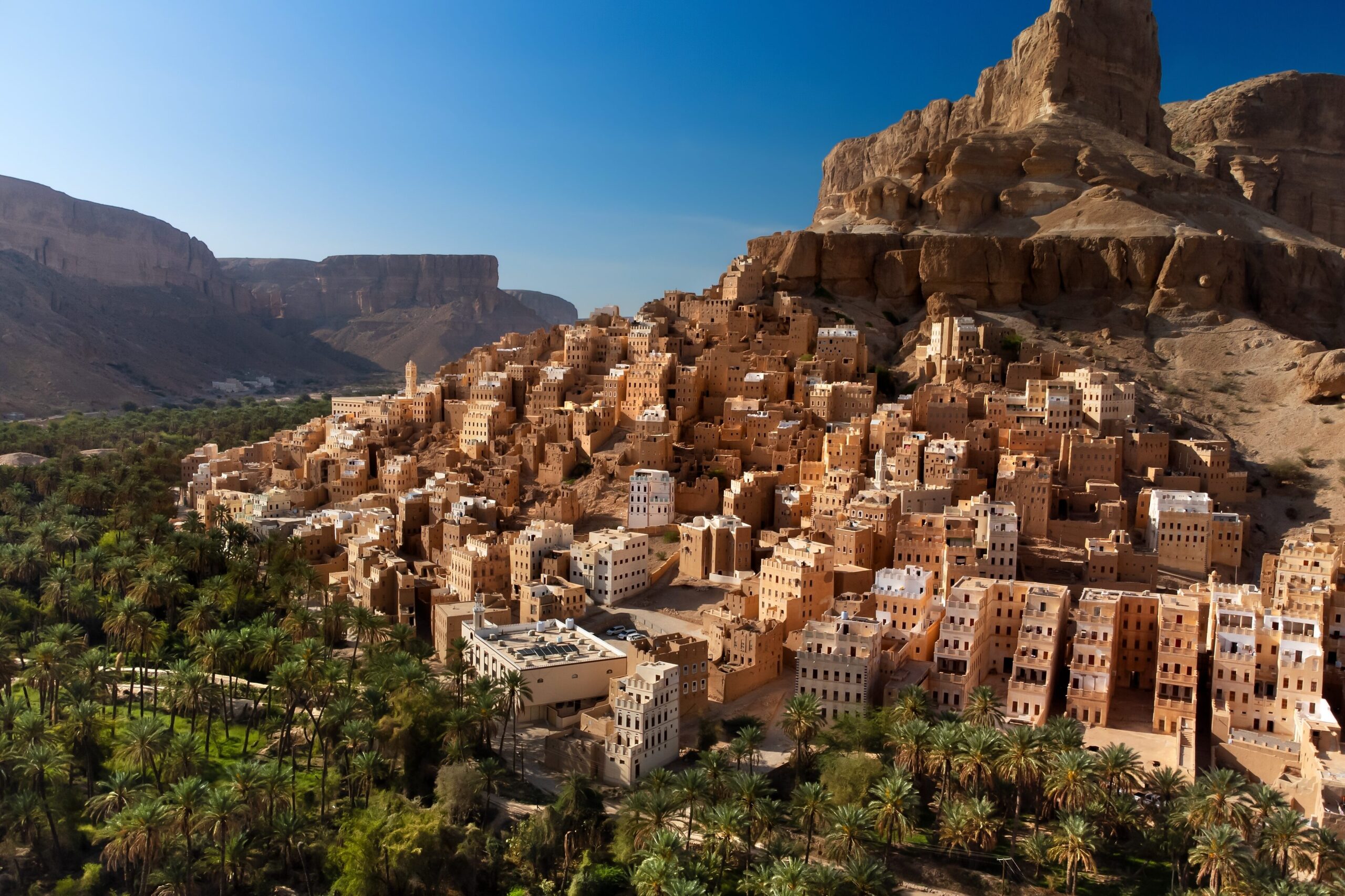
In Yemen, elders hold substantial influence in both rural and urban settings, with their wisdom respected across generations. Tribal councils, which are still active in many parts of the country, are dominated by elders who make decisions that affect entire communities. These councils often have more influence than the government in certain regions, particularly in areas where tribal loyalty is strong. Elders also play a crucial role in mediating conflicts and maintaining peace within and between tribes.
The balance of power between tribal elders and politicians is delicate, with the former often holding sway over important decisions. Yemen’s political structure is heavily influenced by these traditional tribal systems, where elders’ guidance is considered essential for the well-being of the nation. Despite the country’s political turmoil, the power of its elders remains a stabilizing force that cannot be easily overlooked.
9. Somalia
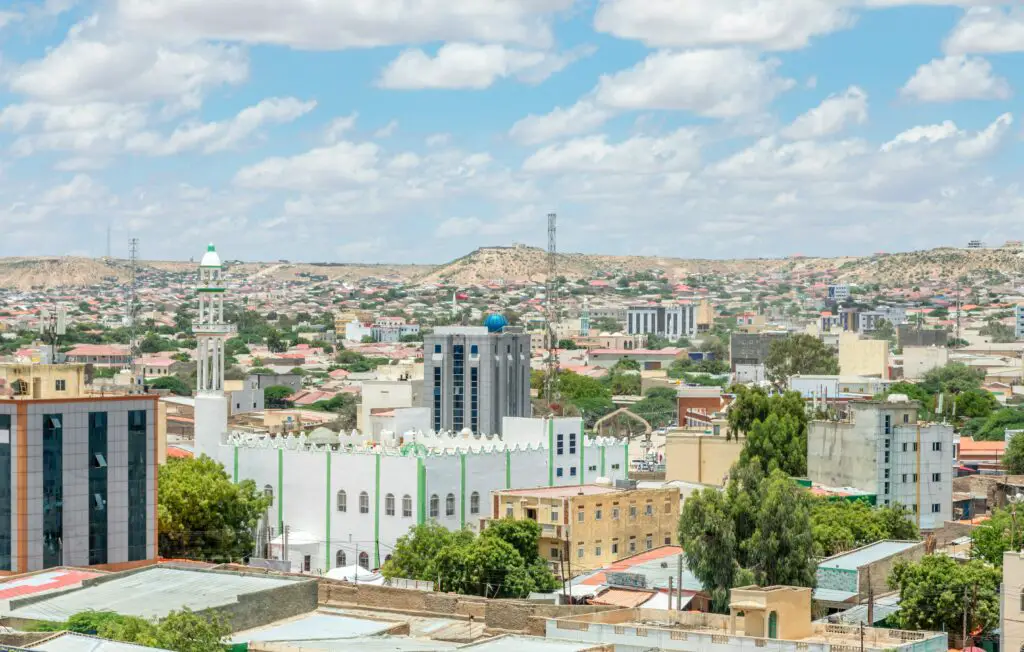
In Somalia, elders are seen as the bearers of wisdom and tradition, holding significant influence in both family and community matters. The traditional elders’ council, known as the “shir,” is a powerful institution that resolves disputes, creates laws, and advises political leaders. While Somalia has a federal government, many decisions are still made at the local level, where elders play a leading role. Their wisdom and experience make them key players in the peacebuilding process, especially in times of conflict.
The influence of elders in Somalia is not just about cultural preservation; it’s also about maintaining social order. Their leadership is respected, and their role in shaping both local and national decisions is critical. Politicians often seek the approval of these elders, recognizing that their support is essential for any lasting success in governance. The elders’ power is a reminder of how traditional structures continue to coexist with modern political systems.
10. Peru
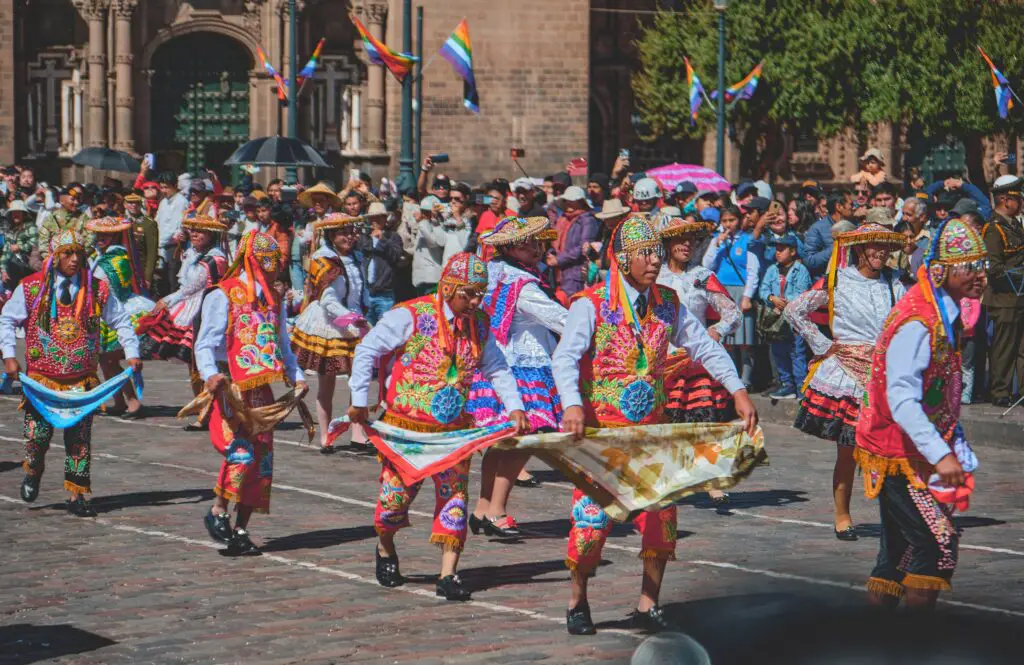
In Peru, particularly in rural Andean communities, elders hold immense power within their families and villages. Traditional authority is exercised through communal councils, where the oldest members, often considered the wisest, have the final say in matters of conflict or social organization. Elders are seen as the guardians of ancient traditions and wisdom, and their authority extends into political decisions in some areas. They provide essential guidance on everything from land use to local customs, and their voice carries considerable weight in these communities.
Peruvian politicians must often align themselves with elder councils to ensure that policies are accepted in these tight-knit communities. The respect for elders in Peru reflects the country’s deep-rooted cultural values, where age and experience are associated with leadership. Elders continue to wield significant influence over political decisions, ensuring that traditional values and social structures remain intact in a rapidly changing world.
11. Indigenous Australia
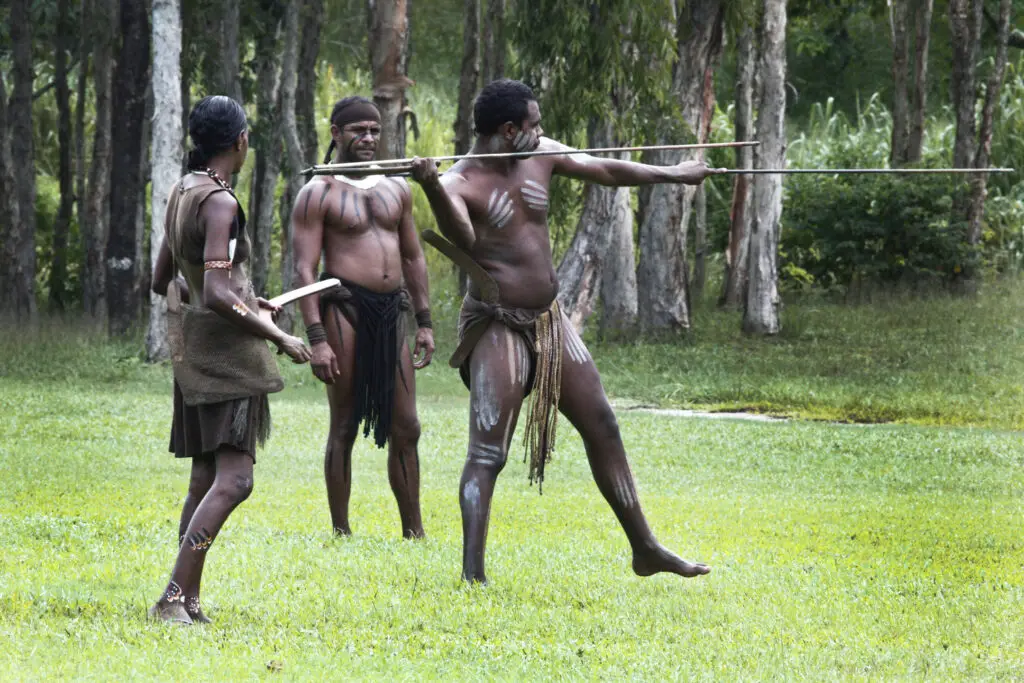
In many Indigenous Australian communities, elders are the primary leaders, holding more influence than politicians. Their authority comes from their deep knowledge of the land, culture, and spiritual traditions. Elders guide their communities in everything from dispute resolution to cultural preservation. Even in modern Australia, Indigenous elders often have the final say in matters affecting their people, especially regarding land rights and cultural heritage.
Indigenous communities in Australia are highly protective of their elders’ roles, seeing them as essential for maintaining cultural identity. Politicians, particularly in Indigenous affairs, are often required to seek the elders’ approval before making any major decisions. This system ensures that political power does not override traditional knowledge and wisdom. Elders’ influence in these communities is a clear example of how traditional authority can outlast modern political structures.
12. South Korea
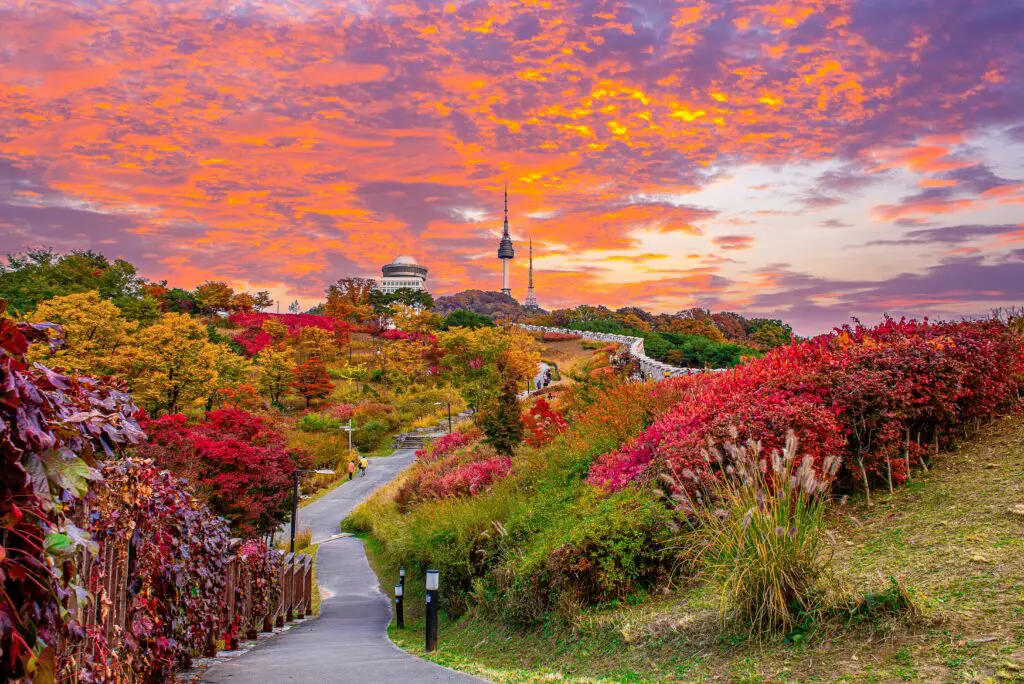
In South Korea, elders have historically held great power, especially in family and local matters. While the country has a modern, democratic government, the traditional Confucian values that prioritize respect for elders still shape social dynamics. Elder councils in rural areas have significant influence, and their opinions are valued in political decision-making. The concept of filial piety is deeply ingrained in Korean culture, and it ensures that elders retain a level of power that politicians cannot easily challenge.
In South Korea, politicians often seek the blessing of older generations to secure votes and maintain public favor. The respect for elders is visible in the way decisions are made within families and communities, where the eldest members often have the final say. Even as the country continues to modernize, the power of its elders is undeniable, with their wisdom and experience continuing to shape both social norms and political landscapes.
